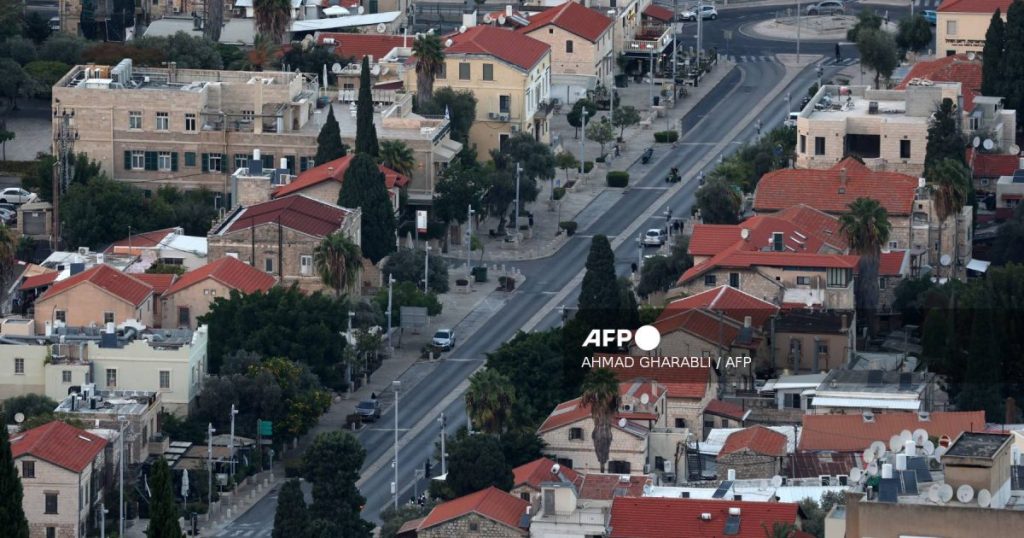The situation in southern Lebanon remains tense as the Israeli military has advised local residents against returning to their homes amidst ongoing hostilities with Hezbollah militants. On Saturday, military spokesman Avichay Adraee urged individuals to stay away from their villages due to continuous Israeli strikes targeting Hezbollah positions. He emphasized the potential risks of returning, indicating that anyone who travels south risks their safety. Such warnings reflect the gravity of the conflict as Israel aims to consolidate its military operations in a volatile region.
In a further message, Adraee underscored concerns regarding the involvement of medical teams in the conflict, claiming that ambulances have been misused by Hezbollah fighters. He appealed to health workers to distance themselves from the group and refrain from any form of cooperation. This directive highlights the complexities of warfare in the region, where civilian safety is increasingly jeopardized by the actions of both military and non-military entities. As tensions rise, the IDF (Israel Defense Forces) has also issued statements indicating their readiness to respond aggressively to any vehicles suspected of transporting armed individuals, reinforcing the precarious balance between military action and civilian safety.
Israel is currently engaged in what can be described as a multi-front war, extending its military operations beyond southern Lebanon into Gaza, where intense fighting continues. The Israeli troops have ramped up ground and air assaults, particularly targeting areas around the city of Jabalia. This expansion of military efforts reflects Israel’s strategy to contain threats from multiple fronts while managing complex geopolitical dynamics in the region. Adraee’s orders for evacuation in specific areas reinforce the Israeli military’s approach of preemptively addressing any potential threats to its forces and civilian lives.
The ongoing conflict has provoked widespread humanitarian concerns, especially in Gaza, where civilians are caught in the crossfire. As military operations intensify, the humanitarian situation has sharply deteriorated, with calls for evacuation to safer zones becoming increasingly urgent. Adraee highlighted the risks posed to civilians in the area around Sheikh Radwan, categorizing it as a dangerous combat zone. By instructing residents to relocate to designated humanitarian zones, the Israeli military aims to safeguard civilian lives amidst the chaos of warfare, though such actions may also increase the burden on already strained humanitarian resources.
The situation underscores the multilayered nature of warfare involving both state and non-state actors, where the implications of military strategy extend beyond immediate physical confrontations. The Israeli military’s warnings reveal the intricate realities faced by civilians amidst high-stakes military engagement, raising questions about the role of medical facilities, civilian transportation, and humanitarian access in conflict zones. It exposes the dark reality where hospitals and ambulances, typically sanctuaries for the wounded, can become entangled in the conflict, further complicating the delivery of essential medical services.
As the confrontation continues, the long-term implications of these military strategies remain uncertain. The Israeli military’s continued warnings and aggressive stance may mitigate immediate threats but could also escalate tensions in the region, leading to broader conflicts. The call for evacuation and the emphasis on avoiding cooperation with groups like Hezbollah reiterate the challenges faced by civilians trying to navigate safety amidst warfare. Ultimately, the situation emphasizes the urgent need for a political resolution and sustainable peace efforts in the region, which can only be achieved by addressing the root causes of the conflict.














